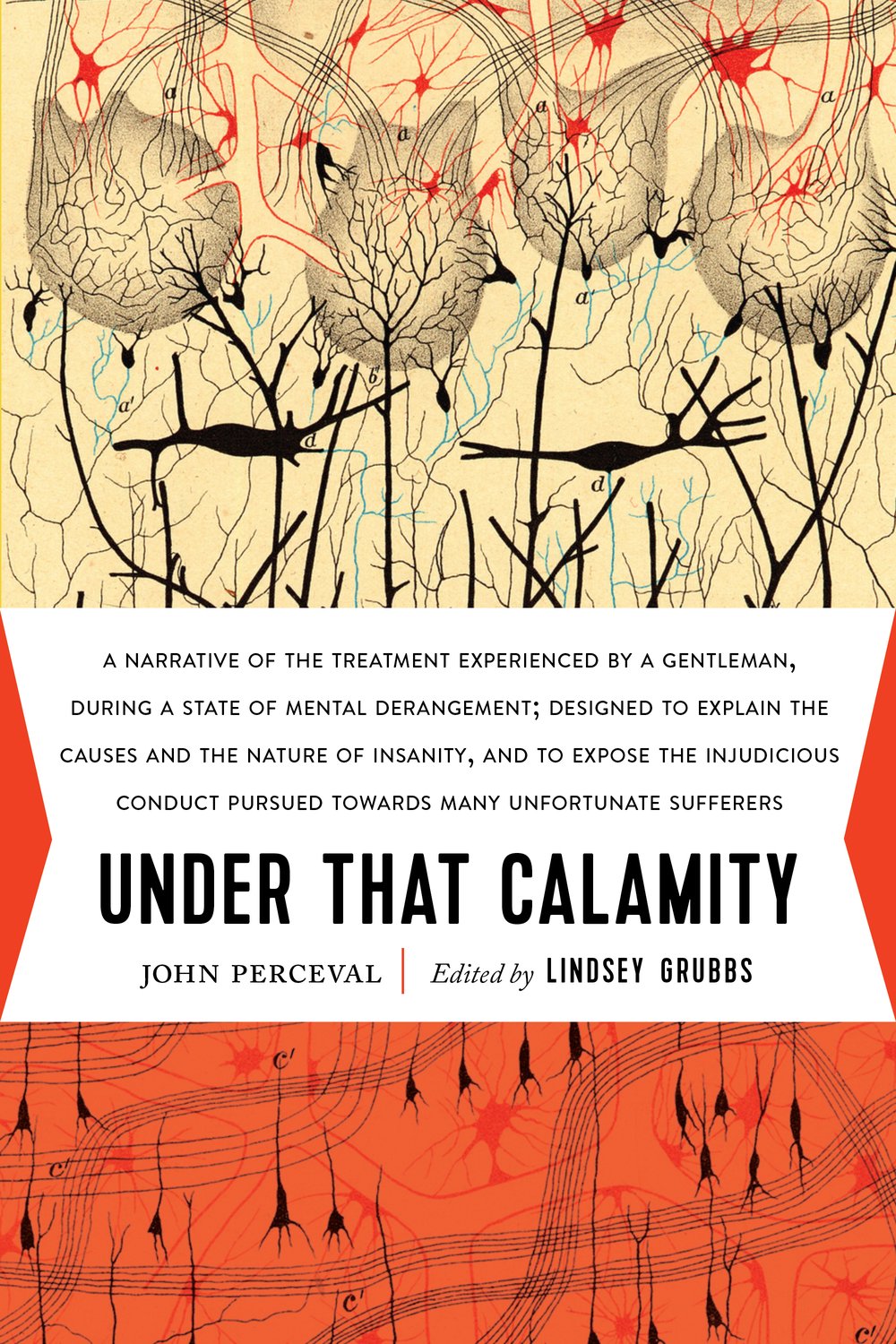Under That Calamity
A Narrative of the Treatment Experienced by a Gentleman during a State of Mental Derangement

After experiencing auditory hallucinations, John Perceval was institutionalized against his will for three years. His memoir A Narrative of the Treatment Experienced by a Gentleman, During a State of Mental Derangement, was first published in 1838 in London with the aim of exposing the inhumane treatments inflicted on those who likewise suffered—in Perceval's words—"under that calamity."
Featuring annotation and perspectives from Lindsey Grubbs, a scholar of the cultural history and contemporary ethics of psychology and neuroscience, Under That Calamity offers a candid, humane look at nineteenth-century treatment of the mentally ill that still resonates in the present day.

John Perceval (1803–1876) was born to privilege, one of the many sons of British Prime Minister Spencer Perceval. He was only nine when his father was tragically assassinated; at twenty-seven, he began to experience intrusive thoughts, hear voices, and behave erratically. After a period of isolation, his older brother had him committed to Brislington House, a private asylum. Perceval would remain incarcerated as a lunatic until 1832. After his recovery he began advocating for reforms in the care of the mentally ill, to which end, in 1838, he anonymously published the memoir you now hold.
Lindsey Grubbs is a member of the faculty in the Department of Public Health at California State University, East Bay, where she teaches courses in ethics and humanities. With a doctorate in English and postdoctoral training in bioethics, she researches the cultural history and contemporary ethics of psychiatry and neuroscience.
